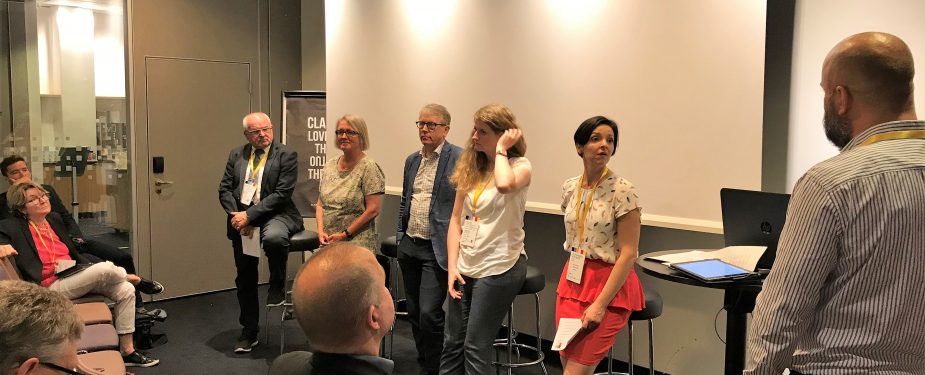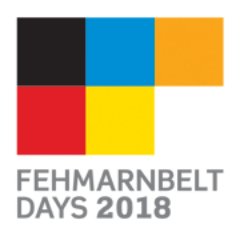BDF and think tank Top of Digital Europe co-organised two seminars on digitalization as part of the Swedish-Danish-German Fehmarnbelt Days, two days of cross-border cooperation debate in Malmö, Sweden, 28-29 May 2018.
How can rural areas utilize the digital revolution?
Digital Transformation in Rural Areas
The seminar, organized by BDF, Region Zealand and Interreg BSR project “BSR Stars S3” explored different approaches and experiences with digital transformation in rural areas, building on local strongholds and connecting urban and rural areas in the Fehmarnbelt region. Digitalization provides challenges as well as opportunities for rural areas and smaller towns. A key opportunity is the possibility to act local while ensuring global outreach building on local advantages, competences and social networks. Capacity building initiatives can help local business to develop and implement effective e-business models.
The seminar discussed how to encourage digital growth in rural areas and what kind of initiatives and policies can help local businesses achieve a successful digital transformation. What can entrepreneurs do? What can authorities do? What are good examples to learn from?
The seminar was inspired by activities co-organised by BDF and reported in a policy brief published within the project BSR Stars S3: http://www.bsr-stars.eu/news/policy-brief-of-inclusive-digitalisation-in-the-baltic-sea-region/
Speakers and panelists were: Heino Knudsen, Chair of Regional Council, Region Zealand, Chair of Greater Copenhagen & Skåne Committee; Dolores Öhman, Member of Region Council, Region Skåne; Hanne W. Tanvig, Senior Adviser, University of Copenhagen; Per Tryding, Deputy CEO Chamber of Commerce and Industry of Southern Sweden; Sarah Brühl, Project Coordinator, Digital Villages, Municipality of Betzdorf Gebhardshain, Germany; Helena Kurki, Project Manager, Innovation Center for Rural Areas, Sjöbo, Sweden; Evan Lynnerup Olesen, Member of Regional Council, Region Zealand; David Meinke, Development Manager, Region Zealand; Torben Aaberg, Head of Public & Digital Affairs, BDF.
How can cities work with digitalization – and cooperate with other cities?
Digitalization from an urban perspective
Digitization is changing all municipal processes and redefines relations between city and society as well as city and region.
The seminar, organized by Union of the Baltic Cities (UBC) and BDF, dived into some of the challenges and opportunities that occur for cities as digitalization processes increasingly integrate all sectors of city administration, planning & operations. Inspired by inputs from State of the Digital Region by Top of Digital Europe and based on different examples of how a city can work comprehensively with digitalization and digital processes, the seminar discussed how cities can collaborate on digitalization issues and overcome barriers given the fact that cities compete to attract and retain new digital industries and labour. The EU initiative “Digital Cities Challenge” was introduced as an example of how the European Commission wants to encourage city experiments and mutual learning in this area.
Speakers and panelists were: Wolfgang Schmidt, City of Kiel & Chairman UBC SPCC; Torben Aaberg, Head of Public & Digital Affairs, BDF; Pernilla Johansson, Chief Economist, Chamber of Commerce & Industry of Southern Sweden; Maria Stellinger Ernblad, CIO, City of Malmö; Charlotta Alegria Ursing, CEO, Minc incubator Malmö; Thomas Jacob, Senate Chancellery, Free and Hanseatic City of Hamburg; Carsten Adamsen, UBC Youthful Cities Commission; Pärtel-Peeter Pere, CEO, Future Place Leadership.



